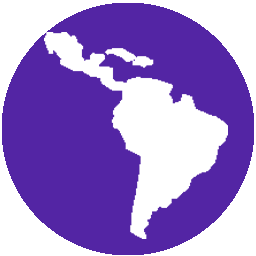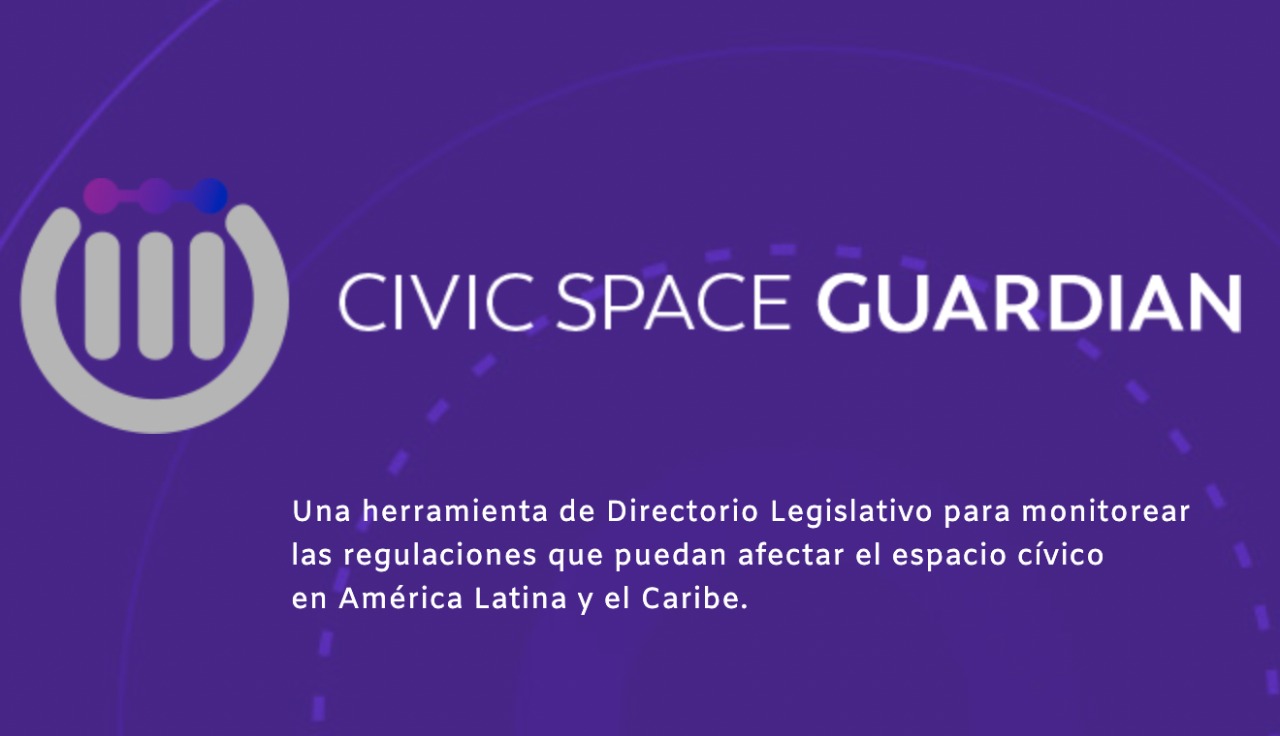
Resto de América Latina
Nicaragua. During the months of May and June, local civil society was again harassed by the government. While the National Assembly canceled the legal status of 321 new NGOs, the government did the same with 13 foreign NGOs, considering that they had failed to comply with their obligation to register in the Foreign Agents Registry. In the next few days this list could continue to grow if a request from the General Directorate of Registration and Control of Non-Profit Organizations (OSFL in Spanish) to disqualify another 98 organizations is approved. As of today, more than 600 CSOs are already affected. The UN High Commissioner for Human Rights, Michelle Bachelet, initiated negotiations with the government in order to reestablish the legal status of the canceled organizations and, in addition, to release the political prisoners detained on the eve of the 2021 elections.
Tag: Freedom of association
Guatemala. On June 2, the IACHR added Guatemala to its list of countries committing serious human rights violations. Among the gravest violations are the arrests of former officials of the International Commission Against Corruption in Guatemala (CICIG in Spanish), Eva Siomara Sosa and Leily Santizo, who led the investigation of corruption cases against local politicians, businessmen and drug traffickers.
Tag: Access to public information
Uruguay. On May 25, a section of Frente Amplio announced it is analyzing a bill to reform the law that regulates the Transparency and Public Ethics Board (Jutep in Spanish), which is in charge of developing public policies in support of transparency and anti-corruption. The initiative aims to strengthen the autonomy of the decentralized body and provide it with greater capacities and resources to favor access to public information.
Tag: Access to Public Information
Brazil. On June 2, the Supreme Federal Court ruled to block the social networks of Partido da Causa dos Trabalhadores (PCO), considering that it was using its communication structure to, among other things, incite violence against democratic institutions and undermine the rule of law. The regulation of social networks has been a hot topic in local politics for some time, and although there have been initiatives both by the Congress and the government, no bill has been able to prosper.
Tag: Freedom of expression.
Brazil. A recent episode of violence casts fresh light on the risks faced by journalists and social activists: the disappearance and death of British reporter Dom Philips, and of the former official of the National Indian Foundation (FUNAI in Portuguese), Bruno Ferreira, during a trip to the Amazon for work purposes. These are not isolated cases in Brazil. During 2021, the National Federation of Journalism recorded 430 cases of violence against journalists, while the Inter-American Commission on Human Rights counted 5 murders of human rights defenders during the first 4 months of 2022. To learn more about the regional situation, we invite you to read this CSG article.
Tag: Freedom of expression
Chile. On June 13, the Culture Committee of the Chamber of Deputies sent to the plenary a bill to reform the law on freedom of opinion and the practice of journalism, which recognizes and guarantees the right of individuals to be informed about facts of public or general interest and to have them disseminated without prior authorization or payment of fees or other charges by the authorities, as long as they are not for advertising purposes and do not affect third parties. The proposal presents a new paradigm to address this fundamental right, moving from a focus on individual guarantees to an approach of collective protection of the right. Its debate in the Chamber is pending.
Tag: Freedom of expression
Chile. On May 26, the Ministry of Social Development and Family launched a financing program for projects of social organizations, aimed at social innovation or the evaluation of social action experiences. The projects selected as part of “Fondo Para Vivir Mejor” (Better Living Fund) must be regional in scope and have a duration of 6 to 12 months. The total amount per project will be up to $20,000,000 pesos.
Tag: Citizen participation
Chile. On May 3, the Labor and Social Security Committee approved a report with comments and suggestions to the draft reform of the Labor Code regarding labor privileges. This aims to strengthen the autonomy of union leaders by preventing the Courts from authorizing the termination of their contracts, if the cause that motivates the employer’s request is based on acts or conducts that are part of the union activity or the purposes of the union organizations.
Tag: Freedom of association
Chile. On May 24, President Gabriel Boric presented the Comprehensive Agenda for Truth, Justice and Reparation to victims of Human Rights violations during the social outbreak of 2019 and 2020. As part of this initiative, victims and their families will participate in the design of reparation strategies and a bill will be presented to guarantee the protection of human rights defenders and activists in compliance with conventional duties, who today do not have any mechanism or comprehensive protection policy to support them in the exercise of their work.
Tag: Freedom of assembly
Mexico. On June 7, President Andrés Manuel López Obrador announced the launch of the Social Security Plan for Independent Journalists. In order to be beneficiaries of sickness and maternity insurance; occupational risk, disability and life insurance; retirement, unemployment at an advanced age and old age; and childcare and social benefits, reporters must prove that they are not employees of any media outlet and present evidence of work performed on their own account in the previous 12 months. According to the President, this year the program will be financed with 25% of the budget allocated by the federal government for advertising expenses, a figure of approximately $760,000,000.
Tag: Freedom of expression
Mexico. On May 30, the committees of Citizen Security and Governance of the Chamber of Deputies, defined a roadmap for the analysis and discussion of 3 initiatives to reform the National Law on the Use of Force, in force since 2019. This process takes place after the non-compliance with the Supreme Court of Justice ruling of April 2021 in which the legislative body was ordered to make changes to the normative text in order to clearly establish the purpose for the use of public force, its subjection to the principles of rationality and opportunity, the provision of training for the use of incapacitating, non-lethal and lethal weapons; the distinction and regulation of incapacitating, lethal and non-lethal weapons and instruments; and the systematization and filing of reports of public servants who use firearms in the performance of their duties.
Tag: Freedom of assembly
Panama. On June 7, the National Association of Journalists (CONAPE in Spanish) announced that it will take the Personal Data Protection Law, in force since 2021, to court, considering that it interferes with the exercise of journalistic activity and the right to free expression. The decision was taken after the news came out that the National Authority of Transparency and Access to Information (ANTAI in Spanish) had fined the media “La Verdad” for the publication of a document which, although it was of a private nature, had been voluntarily provided by one of the affected persons. In response, on June 10, ANTAI established a dialogue table with journalistic entities to work on the aspects of the law that could interfere in their work, among them the one that was invoked in this opportunity, Article 36.
Tag: Freedom of expression
Dominican Republic. In March a cross-party group of legislators introduced an initiative to the Chamber of Deputies to reform the penal code which could place curbs on media freedoms. Among the critical points of the bill are the chapter on the crimes of perjury, defamation and libel, for which penalties of 15 days to 2 years imprisonment are set out. Recently, the Inter American Press Association issued a statement expressing its concern about the seriousness of the situation.
Tag: Freedom of expression


